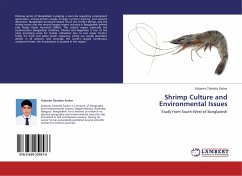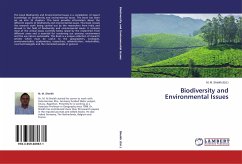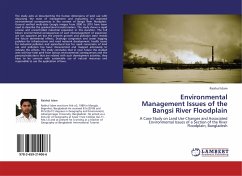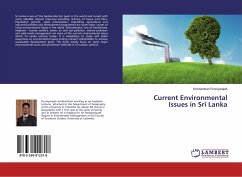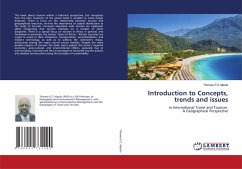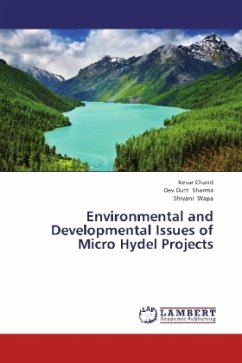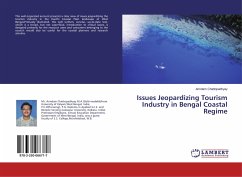Fisheries sector of Bangladesh is playing a vital role regarding employment generation, animal protein supply, foreign currency earning, and poverty alleviation. Bangladesh produced almost 3% of the world's shrimp, and the shrimp sector was the second largest export industry in Bangladesh behind only Ready Made Garments (RMG). The coastal region especially the southwestern Bangladesh (Satkhira, Khulna and Bagerhat) is one of the most promising areas for shrimp cultivation due to two major factors: firstly, it's fresh and saline water resources, which are mostly abundant almost in all seasons; and secondly, the world's largest continuous mangrove forest, the Sundarbans is situated in the region.
Bitte wählen Sie Ihr Anliegen aus.
Rechnungen
Retourenschein anfordern
Bestellstatus
Storno

